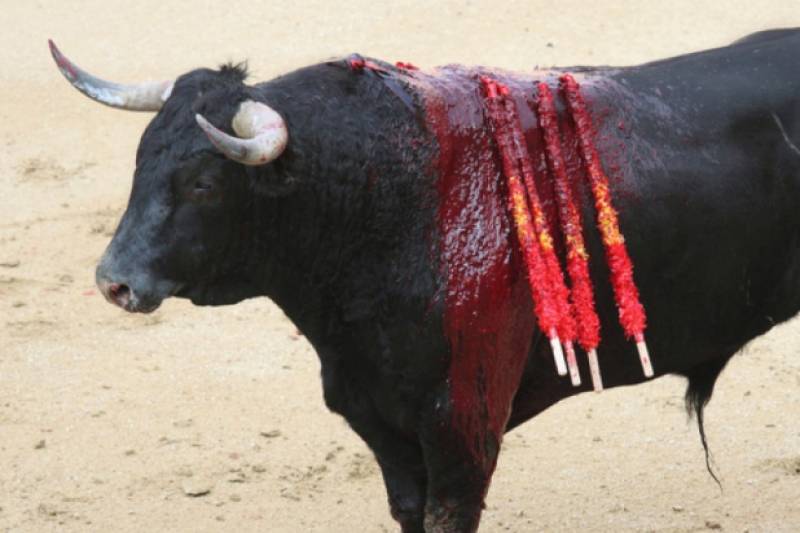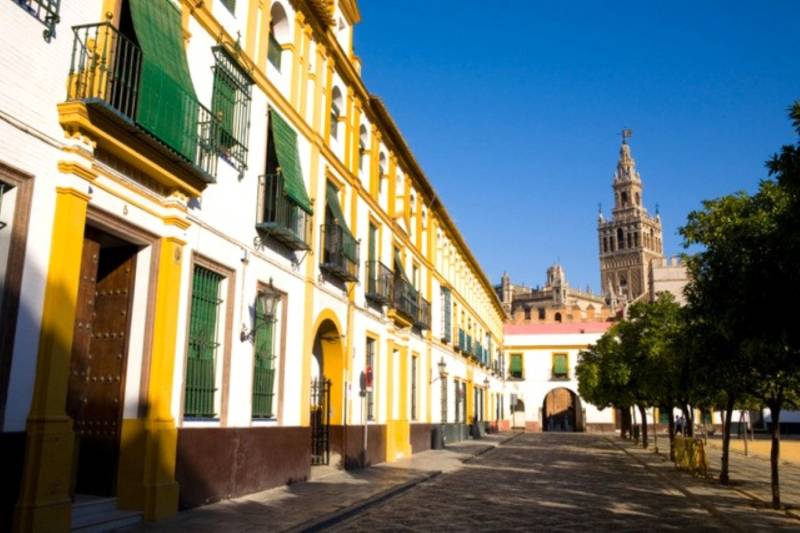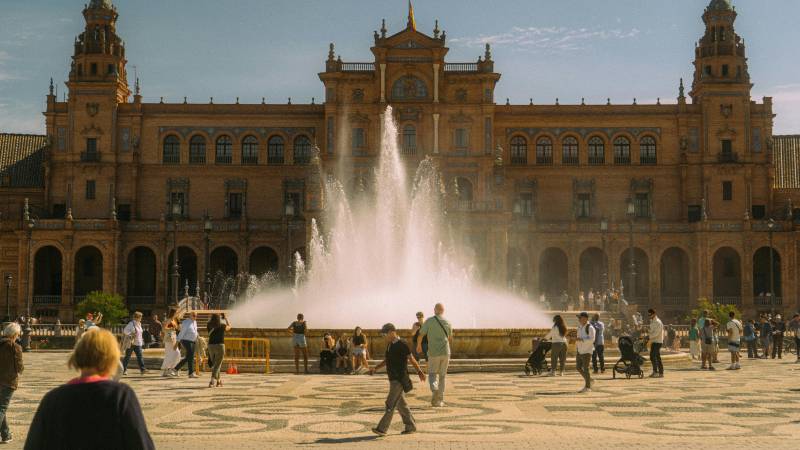- Region
- Vega baja
- Marina Alta
- Marina Baixa
- Alicante
- Baix Vinalopo
- Alto & Mitja Vinalopo
-
ALL TOWNS
- ALICANTE TOWNS
- Albatera
- Alfaz Del Pi
- Alicante City
- Alcoy
- Almoradi
- Benitatxell
- Bigastro
- Benferri
- Benidorm
- Calosa de Segura
- Calpe
- Catral
- Costa Blanca
- Cox
- Daya Vieja
- Denia
- Elche
- Elda
- Granja de Rocamora
- Guardamar del Segura
- Jacarilla
- Los Montesinos
- Orihuela
- Pedreguer
- Pilar de Horadada
- Playa Flamenca
- Quesada
- Rafal
- Redovan
- Rojales
- San Isidro
- Torrevieja
- Comunidad Valenciana
article_detail
Date Published: 13/09/2022
ARCHIVED - Spanish bull run gets the go-ahead with strict rules in place
The controversial El Toro de la Vega will be replaced by two bull runs where the animal must not be harmed

The Toro de la Vega bullfighting festival is set to return to Tordesillas after a coronavirus hiatus, despite fierce opposition from political parties and the Ministry of Social Rights and Agenda 2030, who demanded that the “cruel” tradition be abandoned.
The celebration has, however, been given the go-ahead for Tuesday September 13 but under some very strict conditions.
Firstly, as has been the case since 2016, no bulls can be killed as part of the Toro de la Vega; before this rule was implemented, the animals would be stabbed with spears and harpoons and the winner of the competition was the lancer who inflicted the mortal wound. For 2022, the bull must not be seriously injured.
This new festival will also be broken into two shows to allow the bull to rest: the first bull run will take place through the streets at 12.30am followed by another which incorporates the city and countryside, at 11am.
The animal at the centre of the celebrations this year is named Manjar, a 560-kilo bull from the Albarreal cattle ranch. He was born in December 2016.
The Toro de la Vega is the focus point of the Festival of the Virgen de la Peña in the town of Tordesillas, which runs from September 10 to 15. It’s a centuries-long tradition that has been immortalised by a bronze horn called Vaquerito that was erected on the bridge over the Duero river in 2003.
This particular bull run has been the scene of several protests over the last decade, with the Anamilist Party against Animal Abuse (PACMA) insisting that the activity still constitutes a “possible crime of animal abuse” even if the bull isn’t killed or gored with harpoons.
Image: Archive
staff.inc.ali
Loading
Sign up for the Spanish News Today Editors Roundup Weekly Bulletin and get an email with all the week’s news straight to your inbox
Special offer: Subscribe now for 25% off (36.95 euros for 48 Bulletins)
OR
you can sign up to our FREE weekly roundup!
Read some of our recent bulletins:
Discount Special Offer subscription:
36.95€ for 48 Editor’s Weekly News Roundup bulletins!
Please CLICK THE BUTTON to subscribe.
(List price 3 months 12 Bulletins)
Read more stories from around Spain:
Contact Murcia Today: Editorial 000 000 000 /
Office 000 000 000


























